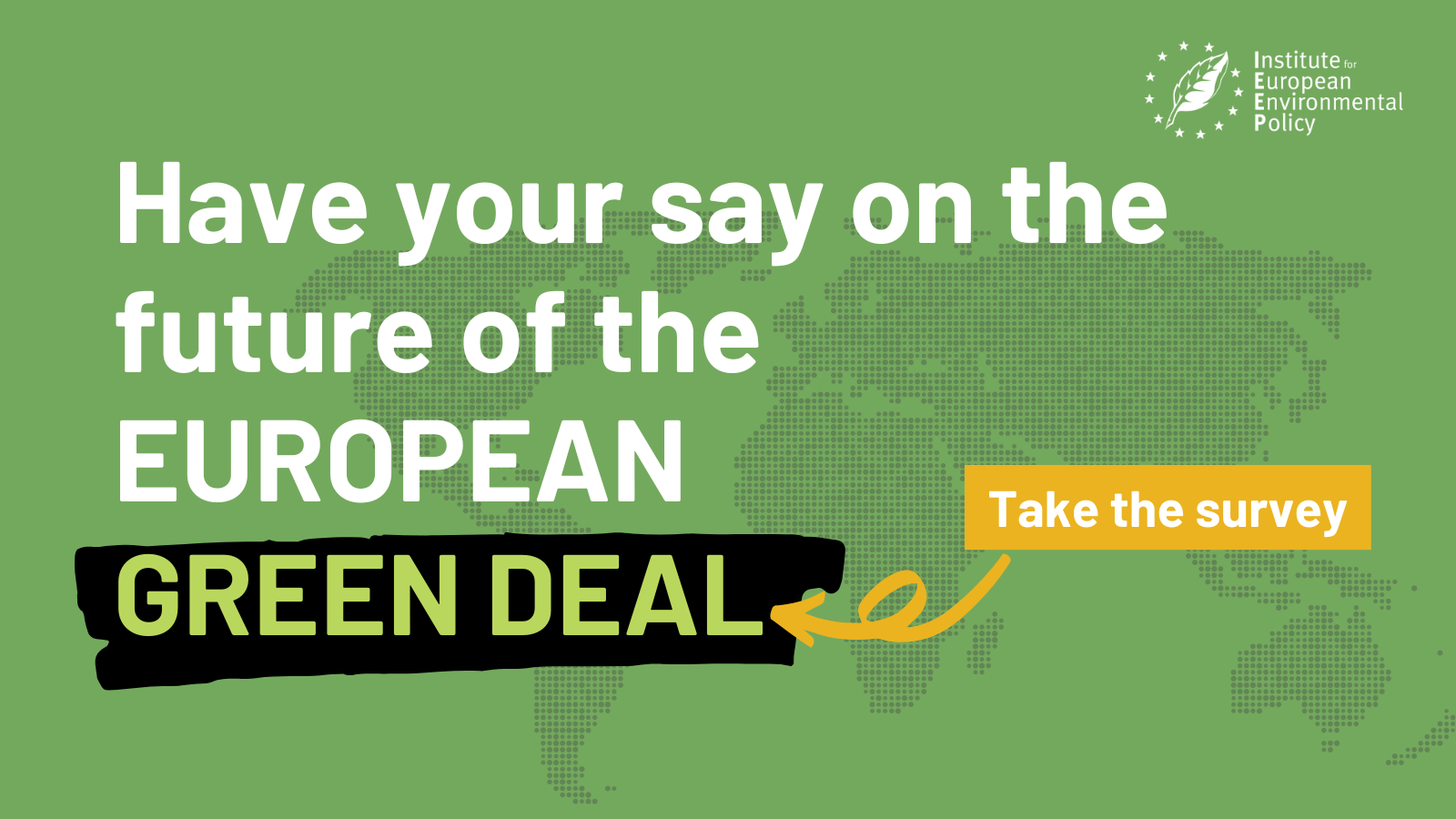On 16 December 2016, IEEP’s work on innovative financing for biodiversity was presented at the 13th meeting of the Conference of the Parties (COP13) to the United Nation’s Convention on Biological Diversity (CBD) in Cancun, Mexico. The conference provided a platform for countries to enhance the implementation of the CBD’s Strategic Plan for Biodiversity 2011-2020 and focused on mainstreaming biodiversity conservation into all sectors.
IEEP, together with CIRAD (France) and Universidad Iberoamericana (Mexico), is working on a project funded by the European Commission to support dialogue and good practice exchange between the EU and Mexico on innovative financing mechanisms (IFMs) for biodiversity. Such mechanisms include payments for ecosystem services (PES) and innovative private-public partnerships. As a result of the widening gap between financing needs for biodiversity conservation and the availability of public funds to support biodiversity objectives, the role of IFMs are even more pressing.
CIRAD presented the initial results of the project and an overview of Europe’s experience using IFMs. PES are increasingly used to finance nature conservation in Europe, but most of these schemes are still financed by public bodies. There is growing interest from the investor and business sector to provide funding for biodiversity and interesting examples are emerging in Europe. For example, important lessons are being provided by the European Commission and the European Investment Banks’ Natural Capital Financing Facility (NCFF) – a blended financial instrument supporting biodiversity conservation. Read the full presentation here.
The event was moderated by the European Commission and key actors in Mexican biodiversity conservation financing were part of the discussion. Promising examples of IFMs from China were also presented.
The final results of the project will be published in early 2017 and an international conference will be organised in Mexico City in January 2017 to discuss the actual and potential use of IFMs in Mexico and the EU. For more information on the project, please contact Marianne Kettunen.



